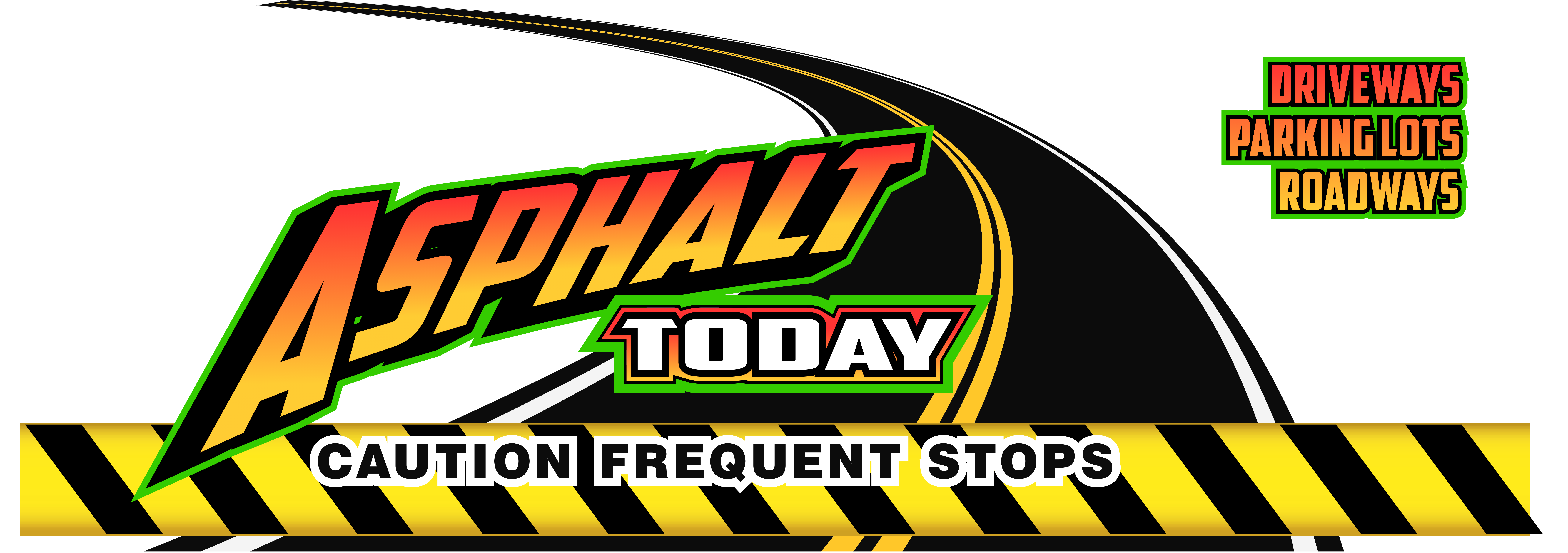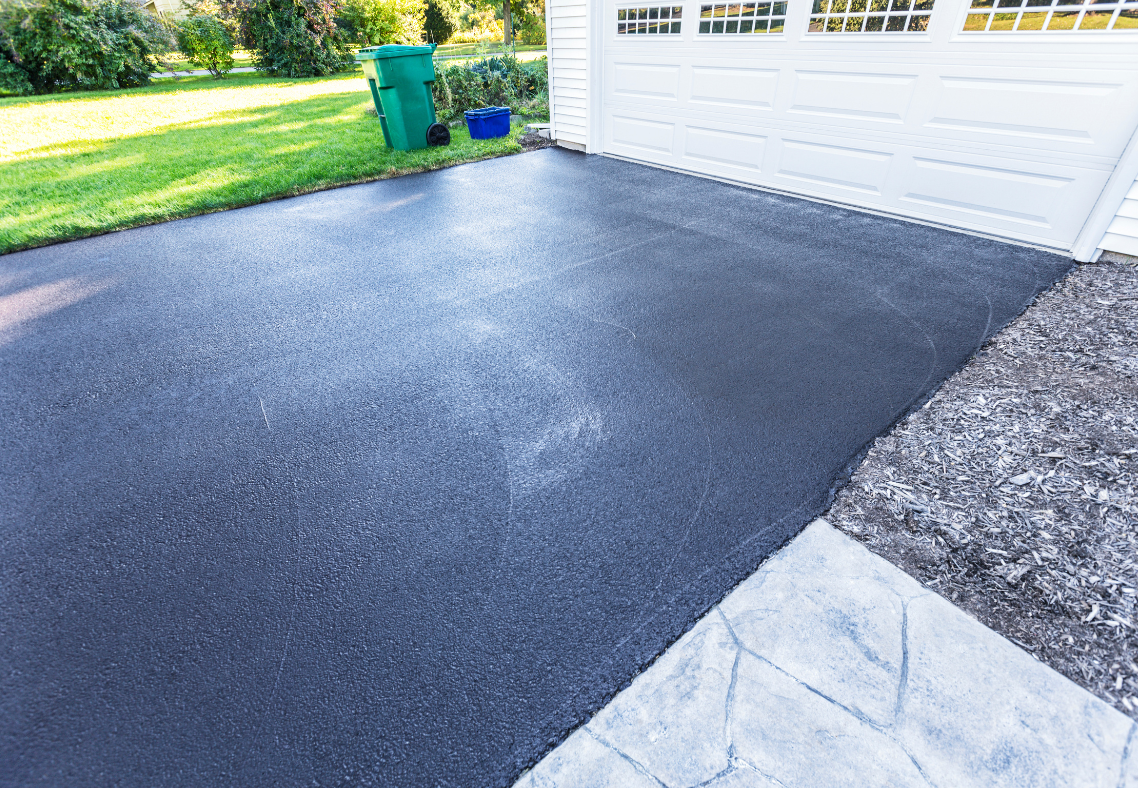Asphalt Parking Lot Aftercare: What To Do And Not To Do For Long-Term Longevity
Free Estimates | No Up-Front Deposit Required | Family Owned & OperatedAsphalt parking lots are a vital part of any residential or commercial property, offering a durable and attractive surface for vehicles and pedestrians. But even the strongest asphalt won’t last forever—especially in a coastal environment like Myrtle Beach, SC, where heat, humidity, rain, and salt air can take a toll on paved surfaces. Whether you’ve just had a brand-new parking lot installed or you’re looking to maintain an existing one, knowing what to do—and what not to do—can help you extend its life and protect your investment. In this guide, we’ll explore the best practices for asphalt parking lot aftercare and highlight some common mistakes homeowners and property managers should avoid.
Asphalt Parking Lot Aftercare: What To Do And Not To Do For Long-Term Longevity
Why Aftercare Matters in Myrtle Beach
Myrtle Beach’s unique climate adds extra challenges to maintaining asphalt pavement:
- High humidity accelerates the oxidation process, leading to brittle, cracked pavement.
- Heavy rainfall and storms can undermine the base if drainage isn’t maintained.
- Salt air (especially near the coastline) can affect pavement binders and surface finishes.
- Hot summer sun can soften asphalt, making it vulnerable to impressions from vehicles.
That’s why long-term care for your asphalt parking lot in South Carolina must go beyond basic upkeep—it requires thoughtful, proactive maintenance adapted to the local environment.
What To Do: Best Practices for Asphalt Parking Lot Aftercare
1. Allow Proper Curing Time
After your new asphalt parking lot is installed, give it adequate time to cure. While asphalt sets in about 24–72 hours for light traffic, it can take several months to fully cure. During the early curing period:
- Avoid parking heavy vehicles.
- Refrain from turning tires sharply in place.
- Keep traffic to a minimum, especially in hot weather.
Being patient during this initial phase helps prevent surface scarring and premature wear.
2. Apply Sealcoating Regularly
Sealcoating is one of the most important maintenance steps you can take. This protective coating:
- Shields asphalt from UV rays.
- Prevents water penetration.
- Enhances the surface’s appearance.
- Guards against oils, gas, and other vehicle fluids.
In Myrtle Beach, with its intense sun and moisture, you should apply sealcoating every 2–3 years. A well-sealed surface resists oxidation and extends the life of the parking lot by many years.
3. Clean the Surface Frequently
Dirt, sand, leaves, and trash not only make your parking lot look bad—they can trap moisture, block drains, and damage the asphalt. Regular sweeping and occasional pressure washing help preserve the surface and reveal problems early, like stains or small cracks.
Also, be quick to clean any:
- Oil or gas spills (which break down asphalt binder).
- Debris after storms.
- Leaves and twigs from nearby landscaping.
4. Inspect for Damage Every Season
Don’t wait until small cracks become major liabilities. Every few months, walk the lot and check for:
- Surface cracks
- Potholes
- Raveling (loose gravel or aggregate)
- Depressions or standing water
- Faded lines or traffic markings
Catching problems early allows for fast, inexpensive fixes and helps you avoid full repaving jobs.
5. Ensure Proper Drainage
Water is asphalt’s worst enemy. Poor drainage leads to puddling, which seeps into cracks and softens the base, eventually causing potholes. In storm-prone Myrtle Beach, this is especially important. Inspect drains, catch basins, and gutters regularly. If you see standing water, get an expert to evaluate your grading or install new drainage solutions.
6. Re-stripe When Needed
Clear, bright striping not only makes your lot look professional—it also keeps it functional and safe. Faded lines can confuse drivers and reduce parking efficiency. In South Carolina’s sunny climate, paint fades fast, so re-stripe your lot every 1–2 years depending on usage.
What NOT To Do: Mistakes That Shorten Asphalt Lifespan
1. Don’t Allow Heavy Vehicles Too Soon
New asphalt is softer and more vulnerable to pressure. Parking delivery trucks, dumpsters, or construction equipment on a freshly paved surface can leave permanent impressions or even cause cracking. If heavy equipment is unavoidable, distribute the load using plywood or steel plates to minimize surface damage.
2. Don’t Delay Repairs
Many property owners ignore minor issues like hairline cracks or surface fading. Unfortunately, these small problems grow into expensive ones quickly.
Avoid these common pitfalls:
- Letting cracks expand until they require milling.
- Ignoring drainage problems that lead to base failure.
- Skipping patching or sealcoating cycles.
Stay ahead of issues with routine check-ups and prompt professional repairs.
3. Don’t Over-Seal
Yes, sealcoating is critical—but too much of a good thing can backfire. Applying sealcoat too frequently can lead to buildup and surface cracking. Stick to the recommended 2-3 year interval and always use a professional who knows how to apply it evenly and at the right thickness.
4. Don’t Forget Landscaping
Roots from nearby trees can push up through the asphalt, causing bumps or cracks. Overhanging trees may also drop debris or excessive moisture onto the lot. Keep trees trimmed, install root barriers where needed, and consider landscaping that’s low-impact to pavement surfaces.
5. Don’t Use Harsh Chemicals
Some cleaning products or ice-melting agents can degrade asphalt. Avoid using:
- Rock salt
- Diesel or gasoline
- Solvent-based cleaners
Use asphalt-safe de-icing products and mild detergents, or hire a professional cleaning crew with the right materials.
Contact Asphalt Today for Residential Paving Services in Myrtle Beach, SC
Your parking lot is more than just a surface—it’s the first impression visitors have of your home or business. With Myrtle Beach’s unique coastal climate, protecting your asphalt investment requires a smart, strategic maintenance plan. That’s where Asphalt Today comes in. We specialize in residential paving services tailored to the needs of South Carolina homeowners. From sealcoating and striping to crack repairs and full resurfacing, we’ll help you get the most out of your pavement. Don’t wait until damage becomes irreversible. Contact Asphalt Today to schedule a free consultation and let our experts keep your asphalt parking lot strong, smooth, and attractive for years to come. Call us now or visit our website to learn more about our services!

